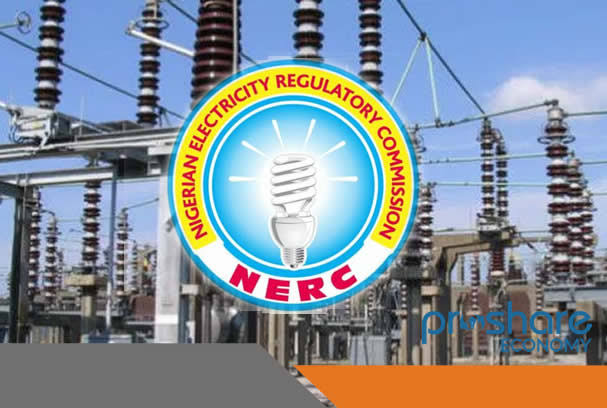In the second quarter of 2024, bilateral electricity consumers in the Benin Republic and Togo incurred debts totaling $5.79 million owed to Nigeria for energy consumed. This revelation came from the Nigerian Electricity Regulatory Commission (NERC), which analyzed the market operator’s report. The market operator had invoiced a total of $15.60 million from April to June, and international customers managed to remit $9.81 million during this period. Prominent among these customers are Para-SBEE and Transcorp-SBEE in Benin, as well as Mainstream-NIGELEC and Odukpani-CEET in Togo, which reflect the electricity trade dynamics between Nigeria and its neighboring countries.
Despite the debts, some of the international customers displayed better remittance rates compared to the previous quarter, where none of them made payments against an outstanding invoice of $14.19 million. In Q2, Para-SBEE paid 71.21% of its $4.29 million bill, whereas Transcorp-SBEE promptly settled its entire $4.25 million obligation. On the other hand, Mainstream-NIGELEC in Togo covered 69.72% of its bill, while Odukpani-CEET did not remit any payment during the quarter, highlighting discrepancies in payment practices among the companies.
The overall remittance performance of the four international bilateral customers showed a cumulative payment of $9.81 million from the $15.60 million total invoiced, achieving a performance rate of 62.88%. Meanwhile, domestic customers reflected a higher remittance performance of 65.07%, having paid N1.30 billion out of a cumulative invoice of N1.99 billion issued in Q2. The report indicated that some bilateral customers, both domestic and international, had made payments toward previous outstanding invoices, with specific mention that Transcorp-SBEE and Mainstream-NIGELEC had settled all their past debts.
The Federal Government’s electricity subsidy obligations underwent significant changes between the first and second quarters of 2024, decreasing from N633.30 billion (around 90.57% of the total generation company invoice) to N380.06 billion, which is about 52.51% of the total Genco invoice. This reduction can be attributed to a government policy directive that involved tariff reviews for Band A customers, while rates for the lower bands (B-E) remained unchanged since December 2022. This shift in subsidy and tariff policy reflects attempts by the government to stabilize the energy sector amidst ongoing financial pressures.
Revenue collection by electricity distribution companies (Discos) showed improvement in Q2, with total revenues amounting to N431.16 billion from a billing of N543.64 billion, marking a collection efficiency of 79.31%. This figure demonstrates a slight improvement from Q1, where collections were N291.62 billion against a billing of N368.65 billion, yielding a 79.11% efficiency. Notably, specific Discos like Ikeja and Eko achieved remarkable collection efficiencies of 94.67% and 88.03%, respectively, while Yola Disco lagged with the lowest efficiency of 55.67%, indicating varied operational effectiveness across the sector.
In summary, the electricity market in Nigeria faces significant challenges, especially regarding international bilateral debts and subsidy obligations. While some bilateral customers have improved their remittance behaviors, others continue to default, and there are notable disparities in collection efficiencies among the Discos. The government’s strategic subsidy reductions and tariff adjustments are steps towards addressing these issues, yet the situation remains complex and requires ongoing management to ensure financial stability and energy security for both Nigeria and its neighboring countries in the West African region.














